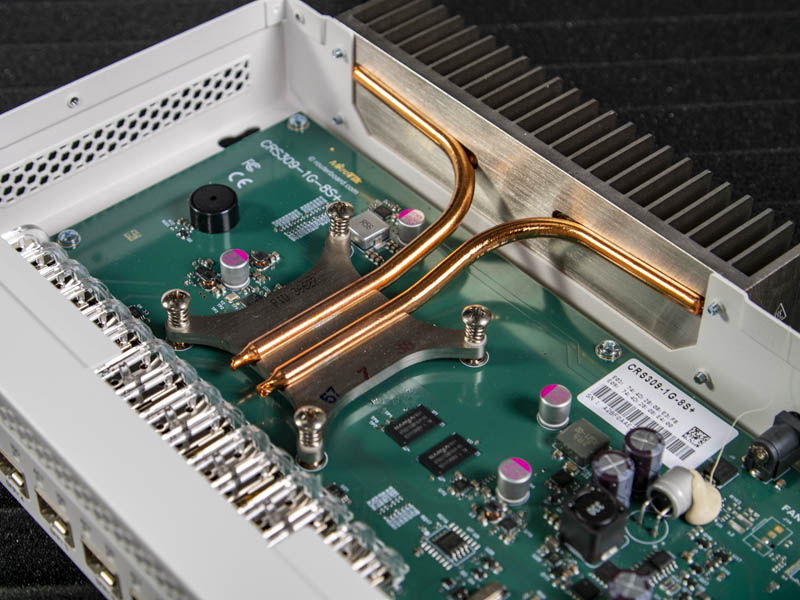Well, it really doesn't cost a ton of $$$ now for switches with 10G SFP+ ports as long as you don't mind buying used/refurb from places like ebay stores. I've been running 40Gb to my server and border router (pfsense) as well as 10G to my WiFi access point and most of the computers in my home for a couple years now, all off a at that time $200 switch. I think the switch has gone up a little, but still can be had for ~$220-240 (it is a Brocade ICX 6610 layer 3 switch). But you have to understand networks as it is an enterprise class switch, running FastIron OS (similar to Cisco's OS for most things via command line, but also has a web interface unlike Cisco, so a little more user friendly).
If you just need a couple 10G ports, you can go with a ICX 6450 which will be a lot quieter and less power hungry (all switches with 40Gb QSFP+ ports are loud due to needing lots of air to cool those). The 6610 is not something you will want in your office/bedroom just sitting there, but you will be fine if you are rack mounting it in the basement or possibly a garage. However, for that ~$200 you are getting 2x 40Gb QSFP+ ports, 8x 10Gb SFP+, 2x QSFP+->4xSFP+ breakouts, and either 24 or 48x 1Gbe ethernet ports. It is also as stated, a fully managed layer 3 switch with support for ipv4+ipv6, VLANs, L2/L3/L4 ACL's, BGP, VRF, trunking, tunneling, MACSEC encryption on the 8x 10Gb SFP+ ports, basically all the bells and whistles...
There is a great thread on these over on Serve the Home:
https://forums.servethehome.com/ind...s-cheap-powerful-10gbe-40gbe-switching.21107/
It is MASSIVE, like over 8000+ posts/comments, with just about anything you would ever want or need to know (replacing fans or power supplies, modding, upgrading OS/firmware, recovering/resetting to factory, basic and advanced configuration, etc.....).
The reason these switches are cheap is because businesses have been ripping them out and upgrading to the new standards which is SFP28/QSFP28 to support 10/25/100/400Gb speeds, which is a new link type than the older SFP+/QSFP+ that these switches support (the ICX 6xxx series is also now end-of-life, but it wasn't when I bought a couple years back).



